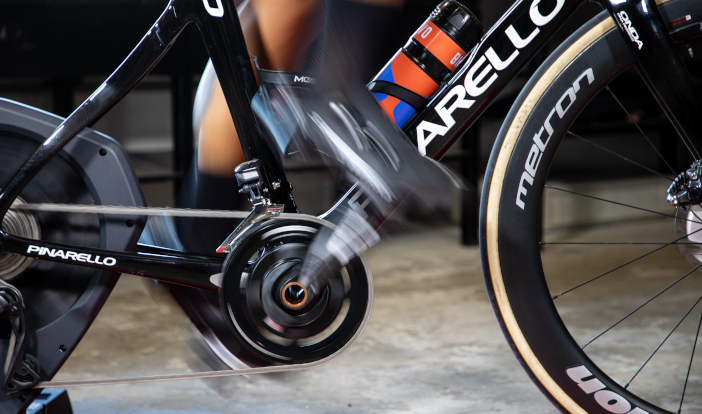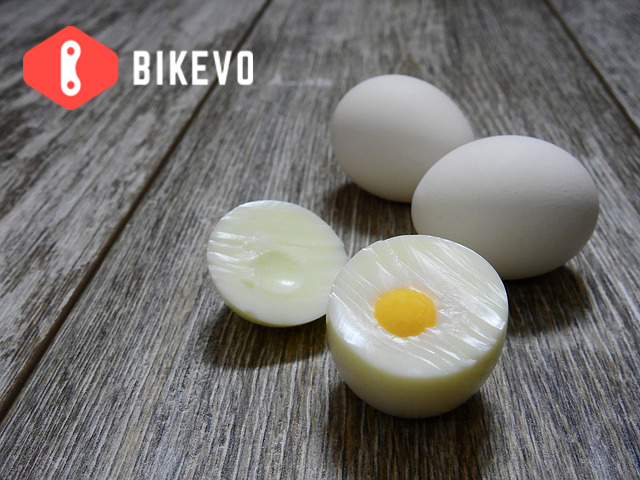Our daily meals need to be balanced, normocaloric and normoproteic. We need to make sure every day that we eat what is necessary to maintain our base metabolism and to guarantee that we can carry out our daily activities and training.
It is important that the amount of protein in our diet is enough so we do not deplete our muscles.
The World Health Organization (WHO) has determined that, based on scientific studies of the turnover of nitrogen in urine, the amount of protein an adult need is 0,8 - 1 gram per kilogram of a person’s weight. The EFSA, the European organization for food safety, has reached a similar conclusion (0,83 gram per kilogram).
This value is to be increased by 20% if the person is an adolescent, pregnant, breast feeding, or an athlete as in our case. An athlete of 70 kg needs to take in 70 to 84 grams of pure protein every day, just to be even with what he or she burns. This can be a problem because most athletes do not know the protein content of a piece of meat, 100 grams of beans or of a piece of tofu. The protein content of meat, fish, eggs, beans, nuts, and cheese is about only 20%. So, if you need to take in 80 grams of protein per day, you need to eat about 400 grams of meat / fish/ eggs/ cheeses/ beans/ nuts/ tofu every day. Whole grains (10% of protein) or milk (3-4% protein) of course also contain some protein, but refined grains lack these proteins (alas, this is a battle that we have been fighting in face of total lack of interest of the relevant institutions). This data (and this data is not open for interpretation, except if you want to go against science and say “well, you don’t need so much protein”) shows just how difficult it is to get enough protein, especially for those who voluntary give up meat and fish. It is almost impossible to achieve for those who have also given up dairy products and eggs.
The only way to ensure you get the necessary amount of protein is by including it in each of your three daily main meals.

Barbara Fedrigo
You might also be interested in



